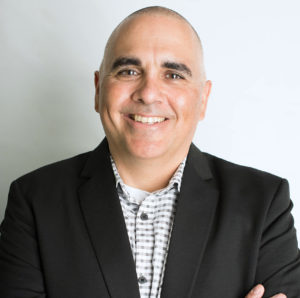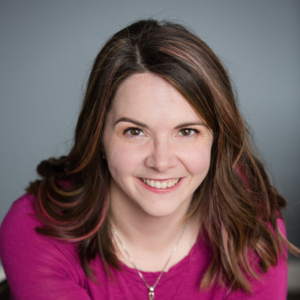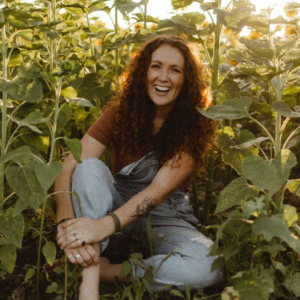I'm so excited to introduce you to this week's guest on Pep Talks for Side Hustlers, TaVona Denise!
TaVona Denise is setting a new standard for how coaches book out their one-on-one services and fill their group programs so they can actually make money doing what they love. After having multiple 5 to 6 figure launches that left her exhausted and overwhelmed, she created the Launch Optimization Method to help fellow coaches crush their launch goals without burning out.
TaVona is the founder of the Launch Lounge for Coaches, the author of Unstoppable Success: How to Finally Create the Body, Business and Lifestyle You Want, and the voice behind the podcast, Breaking Protocol. When she is not handling business, you’ll often find her in a book, at the movies, or on her bike!
Push play to listen to this week's episode, or read the full transcript below!






